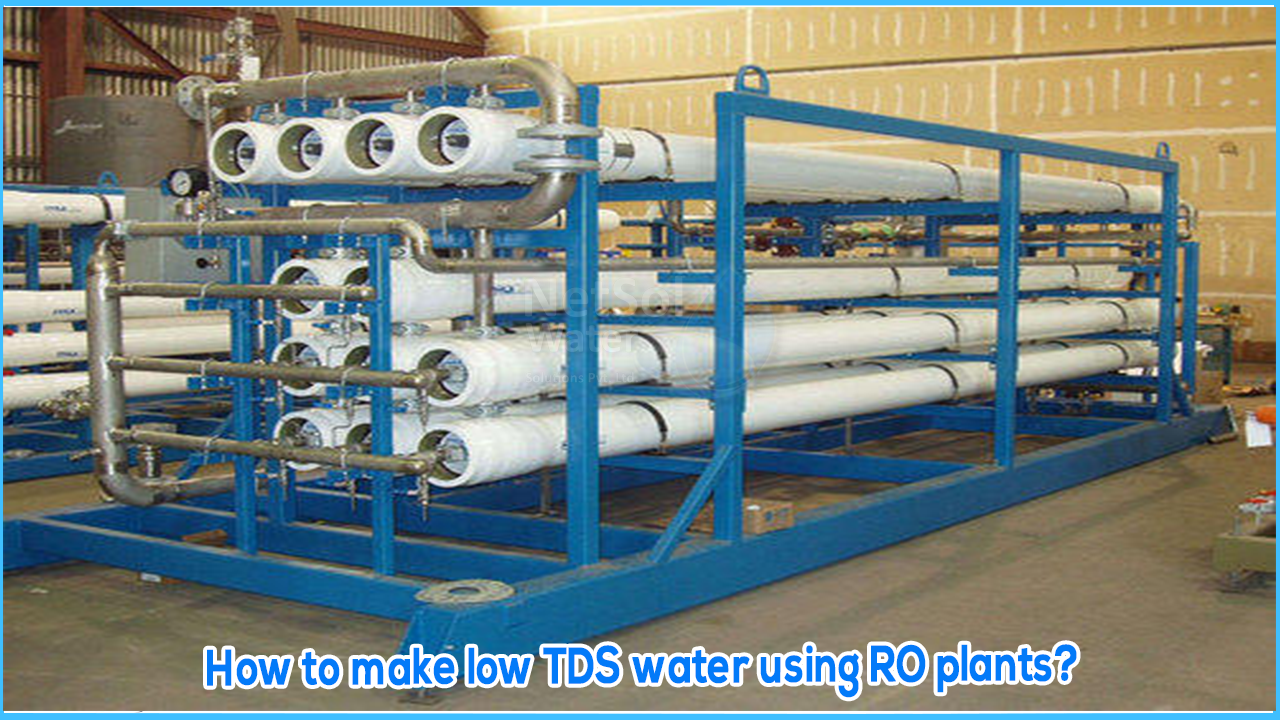Hazardous chemicals from various water treatment plants are released into our drinking water nowadays. As a result, the natural minerals in the water are being depleted. It is critical to utilise adequate filtering procedures to eliminate impurities and make water safe to drink in such a situation. Total dissolved solids (TDS), which are left in the water after the regular filtration process, are the most common pollutant. Total dissolved solids are contaminants greater than 2 microns in size. A fine filter eliminates particles with a diameter of 0.45 microns that come from a variety of sources. After the filtering procedure, charged atoms and ions are the only contaminants left in the water. TDS levels in water range from moderate to high, which not only alters the flavour of the water but also poses a number of health risks. Using the best RO water purifier in India is one of the most efficient strategies to keep the TDS level under check. In this blog, we go over the various methods for removing excess TDS from water.
What is TDS in Water?
TDS (Total Dissolved Solids) in water are a mixture of organic and inorganic elements, such as minerals and ions that are dissolved in a specific amount in water. Particles are absorbed into the water as it flows over stones, pipes, and other surfaces. TDS in water can arise from a variety of sources, including minerals in water treatment chemicals, runoff from road salts, and chemicals or fertilisers from farms.
Why do you need to measure Total Dissolved Solids?
Water testing is a wonderful technique to ensure the quality of the water you get and utilise for various purposes. Here are a few reasons why you should test your water for TDS-
- Taste- TDS levels in water have an impact on the taste of your drinking water. Depending on the sort of dissolved solids in your water, it may taste bitter, salty, or sulphuric.
- Health Purposes- Water with a high TDS level is perfectly safe to drink. Some substances, such as lead or copper can nevertheless be harmful to one's health.
- Filter maintenance- A high quantity of TDS has an impact on water filtration systems. Regularly testing the water purifier systems will guarantee that the filters are in good working order.
- Cooking- Though high TDS doesn’t affect health, it can alter the taste of your food.
- Cleaning- High TDS in water leaves ugly spots on your utensils. This type of water also fades the colour of your clothes, lead to a build-up in your sinks, tubs, and faucets.
Why do you need to Measure TDS?
The water you receive contains more than the maximum amount of TDS that should be present in water. TDS levels more than 1000mg/L are unsuitable for human consumption. TDS levels in water that are too high can cause a variety of health issues. The presence of potassium, sodium, and chlorides in the water raises the TDS level. Toxic ions like lead, nitrate, cadmium, and arsenic, which can be found in water, can cause a variety of serious health problems. This is especially critical for children because their defence systems have not fully grown, making them considerably more exposed to pollutants. The purer the water, the better one's health will be. Netsol Water Solutions manufactures one of the top water purifiers and RO treatment plants in India, which includes a TDS controller to ensure that the water you consume is safe to ingest.



